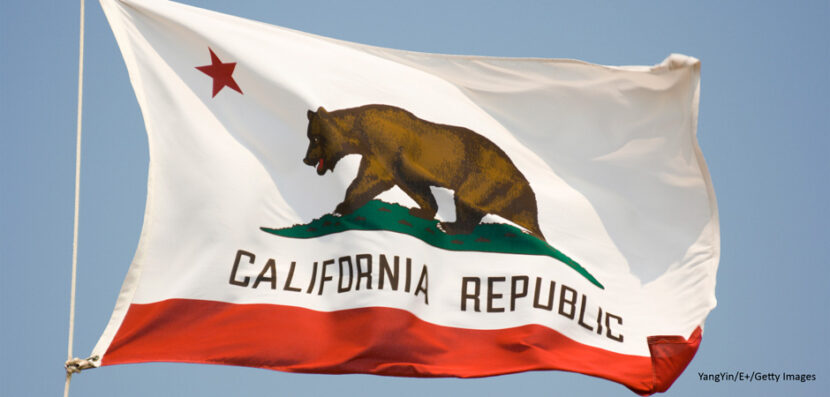California Republican Ousted After Climate Change Vote
Bipartisanship–Republicans and Democrats working together to solve problems–is a good thing, right? Not if you’re Representative Chad Mayes of California. Mayes, the former Assembly Republican Leader, was ousted last week after he sided with Democrats on climate change legislation. Here, Election Central takes a look at why it happened.
Cap-and-Trade
California Governor Jerry Brown, a Democrat, has always been a national leader in the movement to fight climate change. This latest legislation deals with expanding California’s cap-and-trade program. In a nutshell, this program puts a cap on the amount of greenhouse gases a company is allowed to emit. If they wish to emit more, then they must purchase permits. Companies who produce less greenhouse emissions are allowed to sell their permits to higher emitters at a profit. This program is widely viewed as a success because it allows companies flexibility with their greenhouse emissions, while still lowering the level of emissions overall.
Representative Mayes, a moderate Republican, has publicly stated that he believes that climate change is real and scientifically proven. Last week, he was one of only seven Assembly Republicans to vote for the cap-and-trade legislation, despite its widespread popularity (eighteen Republicans voted against it).
To Make Matters Worse
It wasn’t just Mayes’ vote for the bill that angered his fellow Republicans. Right after the vote, Mayes posed for a high-five photo op with Governor Brown and other Assembly Democrats. Assembly Republicans were offended by this. They were also upset by the fact that because Mayes voted for the controversial bill, some Democrats didn’t have to (because of Mayes, the bill passed the necessary supermajority by one vote). This isn’t the first time that Mayes and his fellow Republicans have clashed; in the past, they have battled over fundraising as well.
Troubled Past, Uncertain Future
Republicans are steadily losing their foothold in California. At the moment, the state runs roughly 45 percent Democratic. Fewer than 26 percent of registered California voters are Republican, compared to 34 percent in 2007 and 39 percent in 1990. The Republican Party in California has responded to this decline by changing leadership many times. Several leaders in both houses of the legislature have been ousted in recent years for siding with Democrats, or for refusing to support other Republicans.
Some Republicans, such as Mayes, believe that the Republican Party needs to revise some of its positions if it is going to survive in places like California. But his fellow lawmakers disagreed. Replacing Representative Mayes is Brian Dahle, a conservative seed farmer and Assemblyman who supported President Trump in the 2016 election and whose home county went heavily to Trump as well–ensuring that, at least for now, bipartisanship in California might be a thing of the past.



